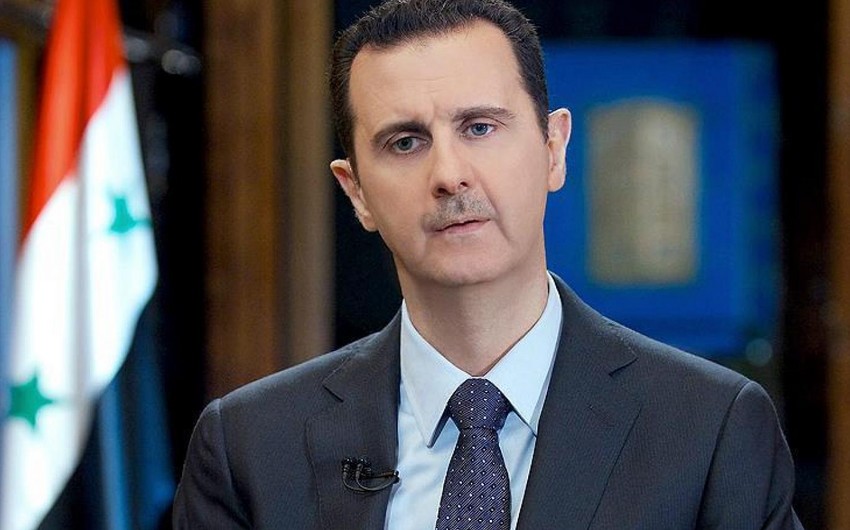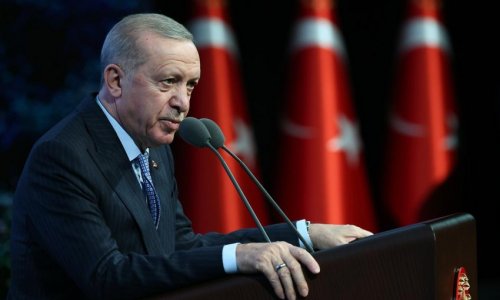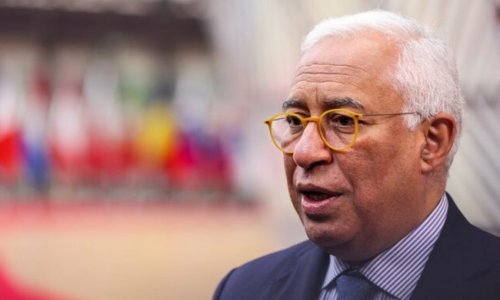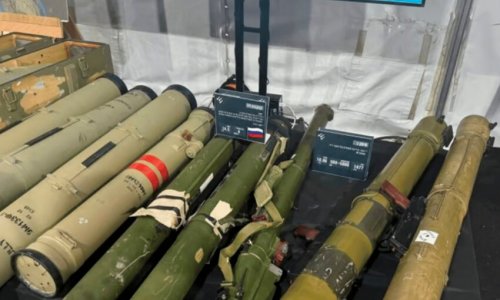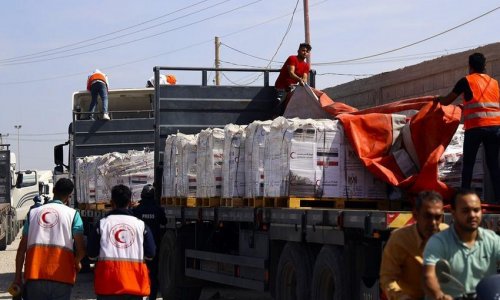Assad, who was ousted late last year in a lightning offensive by Islamist forces, is held responsible in the warrant issued on Monday as "commander-in-chief of the armed forces" for a bombing in the Syrian city of Deraa in 2017 that killed a civilian, a source close to the case, asking not to be named, told AFP.
This mandate was issued as part of an investigation into the case of Salah Abou Nabout, a 59-year-old Franco-Syrian national and former French teacher, who was killed on June 7, 2017 following the bombing of his home by Syrian army helicopters.
The French judiciary considers that Assad ordered and provided the means for this attack, according to the source.
Six senior Syrian army officials are already the target of French arrest warrants over the case in an investigation that began in 2018.
"This case represents the culmination of a long fight for justice, in which I and my family believed from the start," said Omar Abou Nabout, the victim's son, in a statement.
He expressed hope that "a trial will take place and that the perpetrators will be arrested and judged, wherever they are".
French authorities in November 2023 issued a first arrest warrant against Assad over chemical attacks in 2013 where more than a thousand people, according to American intelligence, were killed by sarin gas.
While considering Assad's participation in these attacks "likely", public prosecutors last year issued an appeal against the warrant on the grounds that Assad should have immunity as a head of state.
However, his ouster has now changed his status and potential immunity. Assad and his family fled to Russia after his fall, according to Russian authorities.
In all, the French justice system has issued 14 arrest warrants for Syrian officials, according to an AFP tally.
Since beginning in 2011 with the brutal crackdown of anti-Assad protests, Syria's war has killed more than half a million people and ravaged the country's economy.
Tens of thousands of people were detained and tortured in the country's jails, while Assad has been accused of using chemical weapons, including the banned sarin gas, against his own people.
On Friday the International Criminal Court's chief prosecutor Karim Khan met the leader of Syria's new administration Ahmed al-Sharaa.
That visit sparked hopes of justice and accountability for the abuses committed during Assad's rule.
www.anews.az
Follow us !

